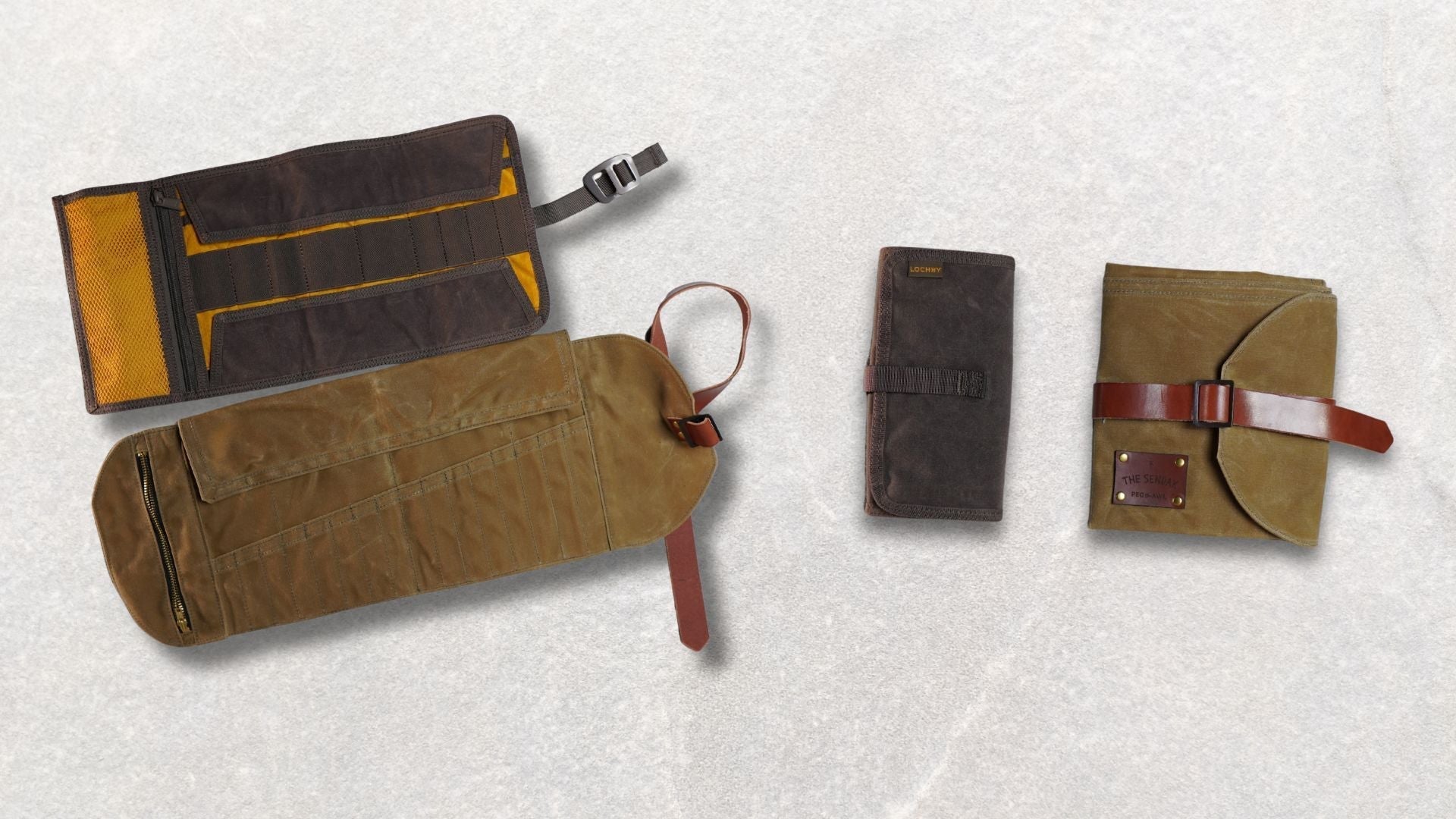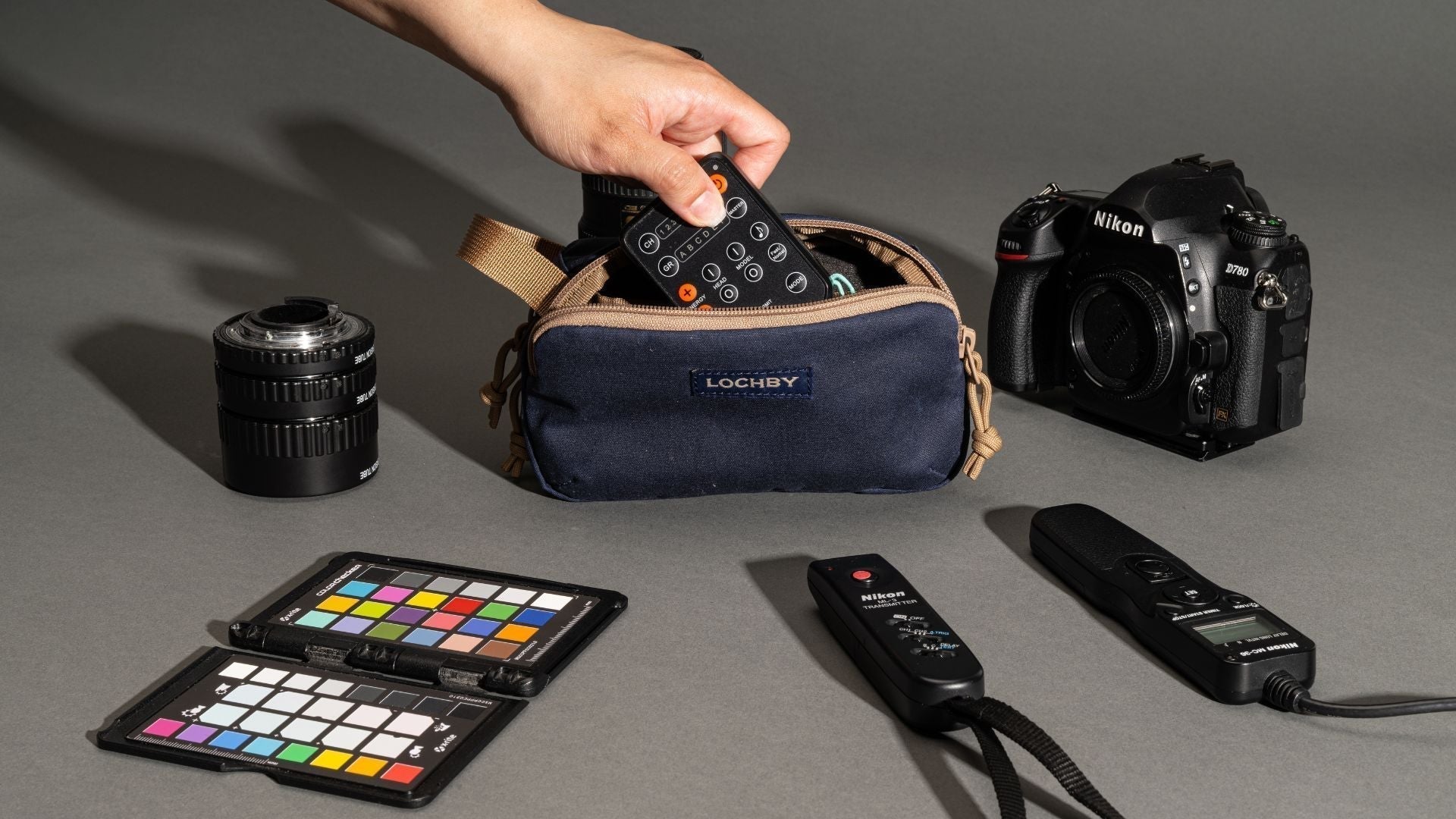We all do a multitude of things differently. The way we think, solve problems, and view the world all reflect the community that shaped us, our life experiences, and what we have learned works for us as an individual. This, of course, also applies to how we approach planning our schedules: from a person’s preferences, what their life is like, and what their priorities are, the planning process each of us follow can be very distinct. It can also be ever changing.

With all that being said, there are a lot of things to consider when figuring out if you should go for a daily, weekly, or monthly planner. You may also want to consider whether a combination of two or all of them can make life easier. To save you time, we’ve put together a list of 3 questions to ask yourself so you can make the right choice.
1. What kind of life do you lead?
This is one of the most important things to figure out before picking out a planning strategy. Are you a student? Do you work an office job? Are you the owner of a small business? Do you have children? Determine what your major role in life is to get a better grasp of the tasks, events, and to-do’s that are most important to you. Once you know what they are, how often do you do them? From there, it will be relatively simple to choose.
Here’s an example: if your day by day activities have little variety, a daily planner might become overwhelming. Think students or office workers who most likely have a set routine. But since you may still want to track homework/projects and multiple schedules (work/school and personal), a weekly or monthly planner is more ideal.

A bird’s eye view of an entire week or a whole month can ensure you don’t miss any deadlines, all without feeling like you’re micromanaging everything that’s happening in your life. You can even opt to do both weekly and monthly!
2. What do you focus on?
Do you feel more accomplished when you tick off tasks from your to-do list? Are you more in control if you’re able to see what needs to be done and where you need to be by the hour? If so, a daily planner is what you’re looking for since it allows a quick overview of your entire day with just one glance.
If you’re goal-oriented—whether short-term or long-term—and feel more organized planning out the journey that will get you to your desired destination, then weekly or monthly planners are best! By providing a visual timeline, you’re free to step back and arrange the rest of your activities around the necessary ones, which will help you better meet all of your goals.

Some of us look at things down to the detail, and others prefer zooming out when they make plans. Really think about what you tend to focus on the most and see if using the focus approach works out better for you.
3. What’s your style?
We all have a certain “style” of processing and recording information, and this can be the deciding factor for the type of planner we ultimately end up with. For example: do you jot down every important detail about your tasks, meetings, and just about anything you’ve got planned ahead? If that’s a resounding yes, then a daily planner gives you all the space you need to be as specific as possible.
Does seeing a lot of text overwhelm you? Maybe you’re the type who simply writes the gist of things down, either because you prefer it that way or don’t have enough time to get into more detail. If so, then you’ll benefit from a weekly planner. You can jot down short summaries and entries, and when you look back, the week’s overview won’t feel like an info dump.

Is remembering dates more important to you? Perhaps you want to make sure you block off certain days so that you can focus on whatever you’ve got planned for then.
If this is your style, then a monthly planner provides a large-scale view that can make it easy for you to see which date is important so you don’t end up with another commitment than can disrupt what you’ve got planned.
Conclusion
It’s easy to pick up a random planner and start organizing your schedule, but if you’d really like to enjoy the benefits of using a planner, it’s vital to select one that best fits how unique you are. Daily, weekly, monthly, or all, the main thing to keep in mind is choosing which one/s can help you become a more effective planner.
What type of planner do you use? Which combinations have you tried, and what has worked out for you? Let us know in the comments—we’d love to hear from you!





Want to Succeed in Life? Here’s the First Step: Learning The Art of Organization!
How To Journal Like Series: Tony Robbins